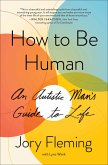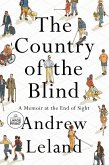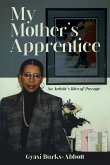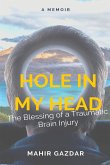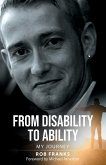Synopsis: A story of endurance against the odds. There is a dearth of literature by disabled, working-class authors. Lucien Bracquemont is eager to share his story, to help others understand the realities and issues facing those on the autistic spectrum, and to provide a voice for those on the spectrum. He has had much contact with the mentally and otherwise challenged members of the community. This work is emotionally charged in places but transparent, with a message of hope and understanding. Autobiography: Lucien Bracquemont of Maine is a 66-year-old retired working-class individual with Asperger's Syndrome (on the autistic spectrum) who has survived not only emotional and verbal abuse and disabilities but also cancer at age 41. He has a bachelor's degree in Philosophy and two years of theological training. Bracquemont is a survivor, not a victim.
Hinweis: Dieser Artikel kann nur an eine deutsche Lieferadresse ausgeliefert werden.
Hinweis: Dieser Artikel kann nur an eine deutsche Lieferadresse ausgeliefert werden.




